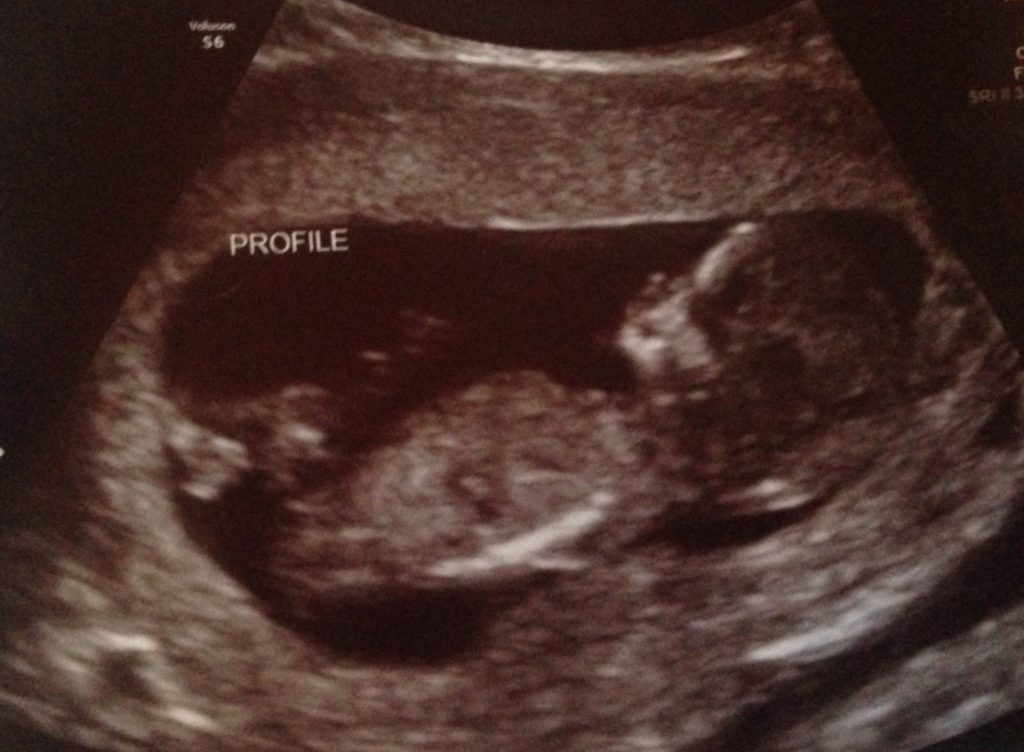Pregnant? An amniocentesis, usually done between Weeks 15-20, is a test to check for fetal abnormalities such as Down syndrome, a genetic disorder, or spinal bifida, a neural tube defect, and has been a valuable tool in assessing fetal well-being since the 1970s. If you are at a particular risk for either one of these conditions, you can postpone having an amniocentesis until after you’ve seen the results of your second trimester screenings. An amniocentesis removes about 2 Tbsp. (30 ml.) of the amniotic fluid surrounding your baby for testing. This analysis may be a better choice over CVS if the results of other blood tests (such as the alpha-fetoprotein test) taken during your pregnancy have been abnormal. An amniocentesis may also be ordered during the third trimester of your pregnancy to confirm fetal lung maturity if your doctor is considering an early delivery.
Amniocentesis, when performed before Week 20, carry the following risk of miscarriage: one in 200. For more information on amniocentesis, visit MedlinePlus, a service of the U.S. National Library of Medicine, National Institutes of Health.

Fantastic Blog. Very much enjoyed reading.